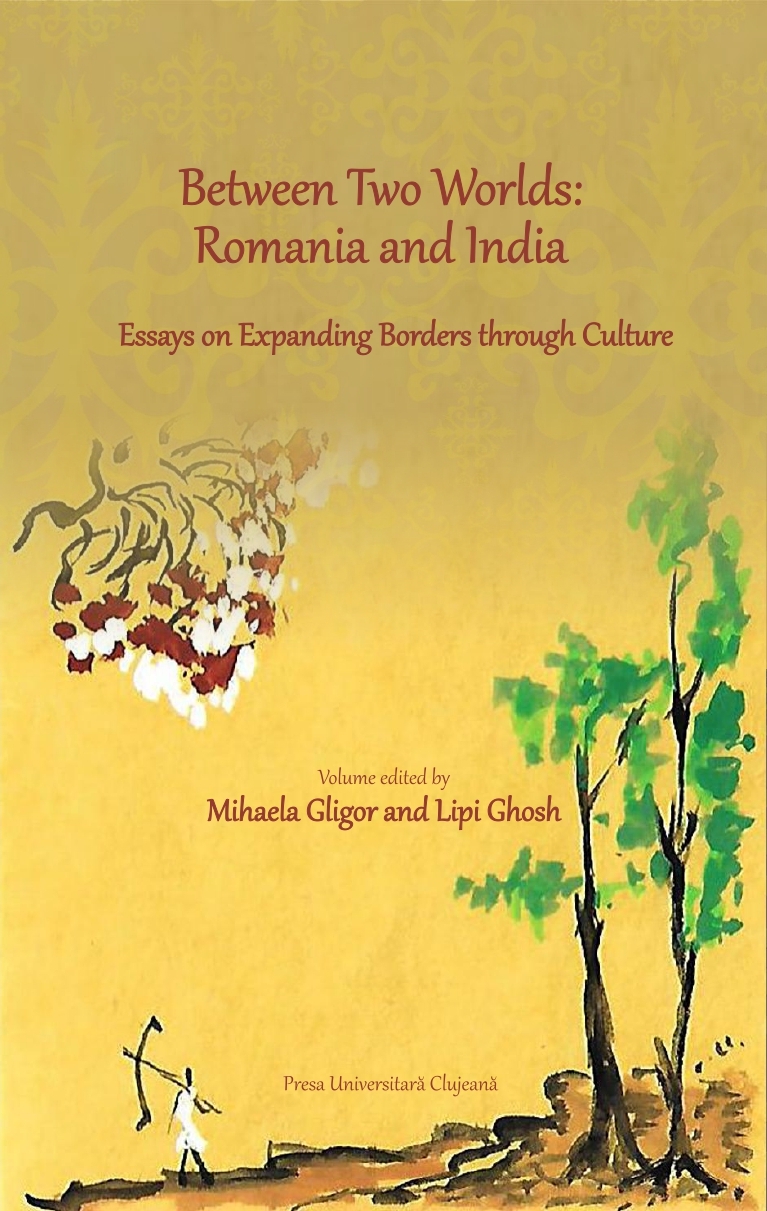
We kindly inform you that, as long as the subject affiliation of our 300.000+ articles is in progress, you might get unsufficient or no results on your third level or second level search. In this case, please broaden your search criteria.


Professor Surendranath Dasgupta (1887-1952) is probably best remembered as a Philosopher and for his contributions to the historiography of Indian Philosophy. This spirit of philosophical enquiry can also be discovered in his famous works on Yoga and Tantra – knowledge systems which are based in praxis. However, as a thinker, Professor Dasgupta defied all disciplinary boundaries and wrote and lectured on the sciences, literature, art history, aesthetics and so on. Even a cursory look at his teaching career establishes the essentially interdisciplinary nature of his calling: among other things, Dasgupta served as a Professor of Sanskrit and Bengali in Rajshahi and Chittagong College; then taught Bengali at Oxford University; became Professor of Philosophy at Presidency College; then Principal of Sanskrit College; afterwards Professor of Philosophy at the University of Calcutta. He was deeply influenced by poetry, especially Rabindranath Tagore, and many of his essays on philosophy would include Tagore’s poetry as an instance to prove his point or as a moment of epiphany in an otherwise structured argument. Besides these scholarly pursuits, he has also authored poetry collections and novels in Bangla. Dasgupta liked to keep himself informed about the latest developments in World Literature and at times, he even participated in the literary debates that were taking place in the public sphere at that period. Perhaps, his initial training as a student of Sanskrit served as the foundation for this lifelong engagement with languages and literatures. My presentation seeks to locate this literary persona of Professor Dasgupta through a reading of some of his works including Sāhitya Paricay and The History of Sanskrit Literature – in which he worked as an editor and as one of the two contributors. Supplementing these with texts on art and aesthetics by Dasgupta, we seek to understand his way of approaching literature – characteristically comparative; looking for patterns of relationships and connections across time, space, cultures
More...
Born into a socially conservative but intellectually liberal family, Maitreyi was the daughter of scholar-philosopher Surendranath Dasgupta and Himani Madhuri Rai ( sister of Himanshu Rai, owner/ founder of Bombay Talkies). Her early childhood corresponded with the trying years of the First World War while in her youth she was exposed to the political lessons of the Second World War — to fascist Italy, to the Hitlerite regime in Germany, to Stalinist and post-Stalinist Russia, to Republican and communist China — when Maitreyi, was perceived as a left-wing sympathiser. This was the era of the emergence of nation-states, of obsessive nationalism and revolts against hegemonic and capitalist forces. As an intimate protégée of Rabindranath Tagore, wherever she travelled, to China, Russia, Eastern and Western Europe, she practised the transnationalism that marked out the travelogues of Tagore. This meant that both colonial perceptions and the nation-state centric approach were disrupted by discourses of inter-connectedness that in turn challenged conceptual boundaries of difference and ethnicity
More...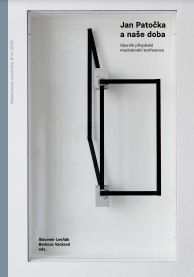

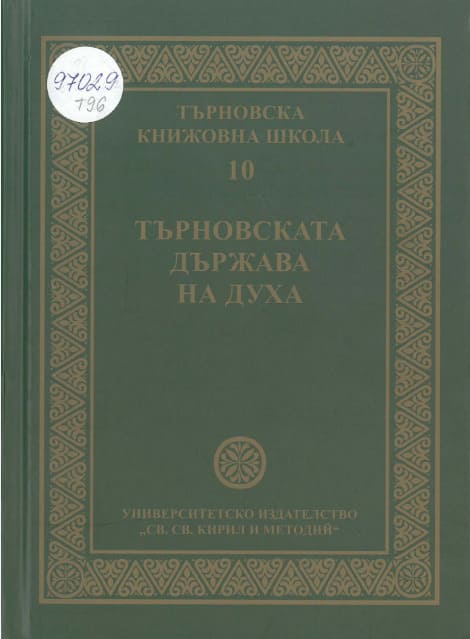
The article treats the means of expression of hesychastic apophaticism, used by Old Bulgarian writers of the 14th – 15th centuries, and the author tries to show that these means are very old, and were characteristic even for the mind of primitive people. He pays attention to the synonymy of ‘aphophatic’ negative pronouns and ‘cataphatic’ summative pronouns; to the pleonastic use of the negative particle не; to the syntactic but- constructions; and to necessative constructions.
More...
Common trends of Balkan painting as basic cultural locus of old Byzantine culture influenced Medieval iconographic models of wall-painting heritage of Christian temples in Tarnovo and its region dating from XV – XVIII century. Iconography was developed and enriched by symbolic images and interpretations of motives and events fundamental in Christian philosophy, Bible and hymnography. Artistic tradition of Christianity, strongly apparent in theocentric compositions of church vaults of that period revealed the ideas of Protoimage of God and its realization in cognizable world.
More...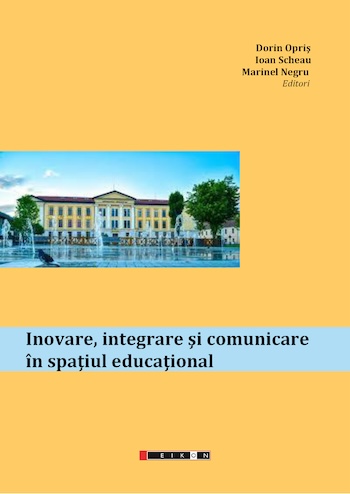
This paper presents four socio-political conceptions of the Renaissance and the Modern Era: Machiavelli, Hobbes, Locke and Hume. Machiavelli analyzes two forms of government, the principality and the republic, corresponding to the absolute monarchy and the current democracy. He also speaks of the separation of powers in the state, in a platonic sense, with reference to the three existing social classes: the sovereign, the nobility and the common people. Hobbes introduces the notion of a social pact that makes the transition from the natural state to the social state of humanity. It is signed between citizens and the state and is seen as a transfer of rights from the citizen to the sovereign. The risk of the social state is that the State, endowed with too many rights, becomes the Leviathan monster that swallows individuals. Locke lays the foundations of the modern state on two fundamental ideas: human rights and the separation of powers in the state. He argues that every person benefits from a series of natural rights: life, health, liberty and property. Within the state, power should not fall on the shoulders of a single person, that is why he speaks of the separation of powers in the state: legislative, executive and federative (army). Hume argues that society is that socio-political organization that must solve the problem of satisfying human needs. For it to work, a series of operating conditions (private property, free market) and a series of rules (laws of justice) are needed.
More...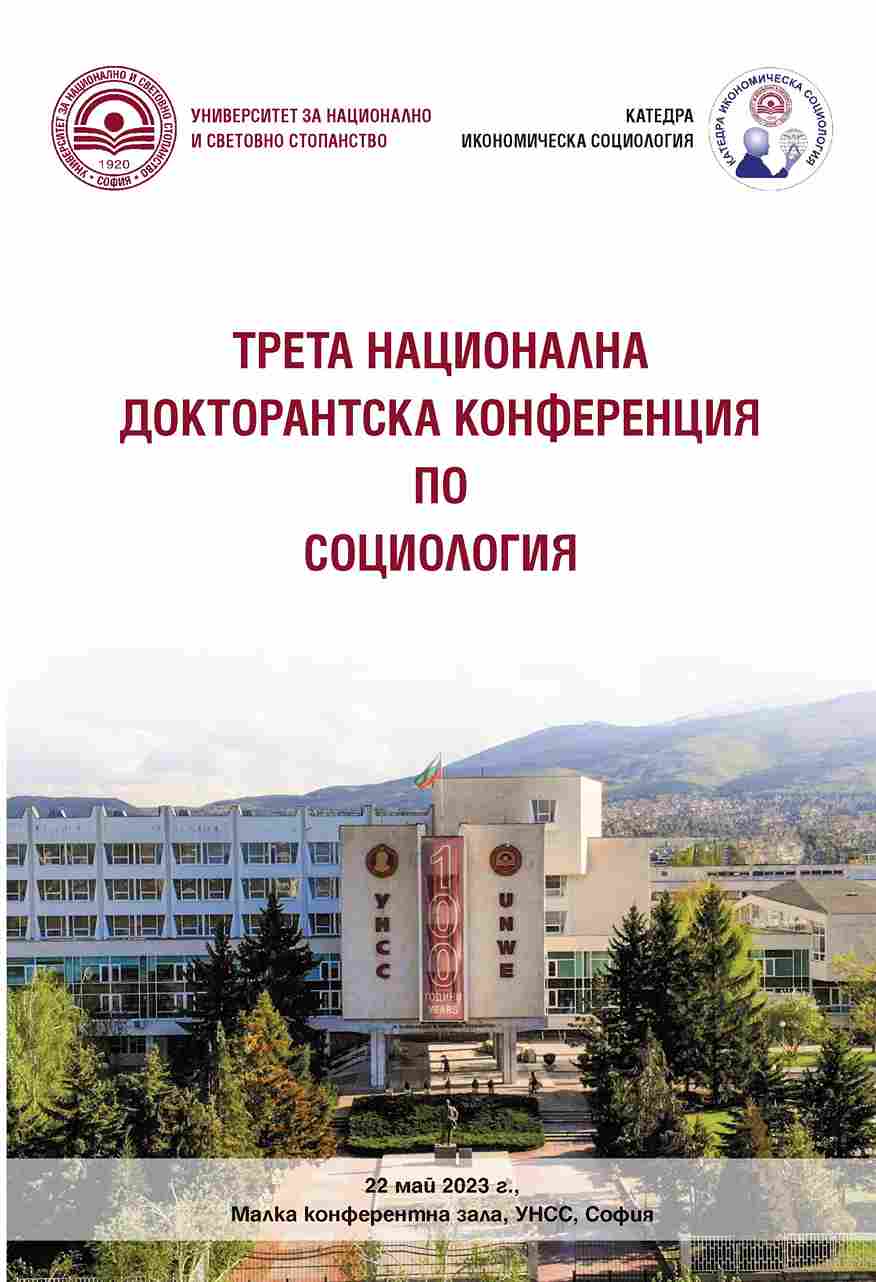
The subject of the research is transhumanism and its influence on political changes. The report is a revised part of the dissertation chapters I defended in January 2023. The paper's title is: „Transhumanism and human enhancement: conceptual perspectives, communities, and risks“. The scientific and technological expansion helps the emergence of political parties professing a transhumanist ideology. The analysis uses data obtained by conducting 1 semi-structured interview with a leader of a transhumanist party; from party manifestos, documents, literature, and research by other scholars on the subject. The political landscape is updated with themes related to transhumanism: especially the attitude toward applying NBIC technologies (nanotechnology, biotechnology, artificial intelligence, cognitive science, and robotics).
More...